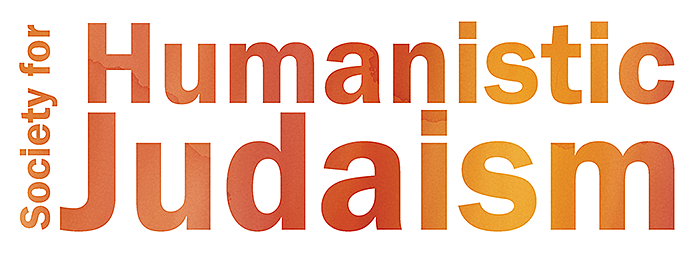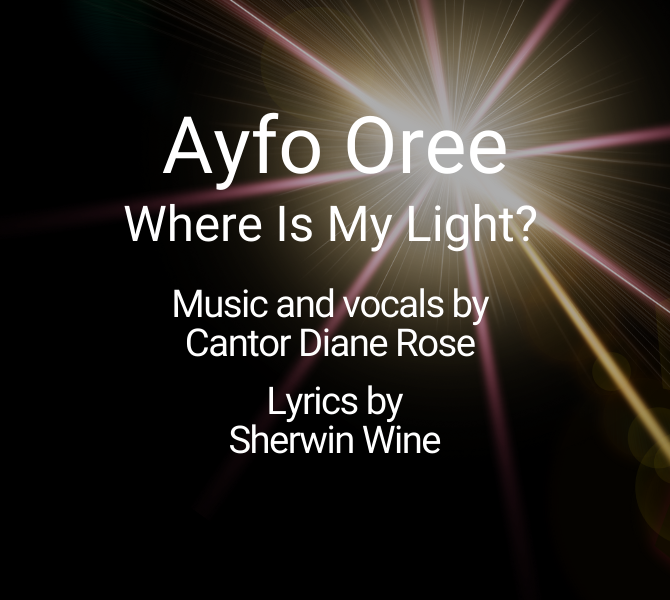 Yom Kippur (Day of Atonement) is considered the holiest day on the Jewish calendar, occurring on the tenth day after Rosh Hashanah. Though it is traditionally a day of fasting and prayer at the synagogue, for Humanistic Jews, Yom Kippur is the culmination of the introspection begun on Rosh Hashanah.
Yom Kippur (Day of Atonement) is considered the holiest day on the Jewish calendar, occurring on the tenth day after Rosh Hashanah. Though it is traditionally a day of fasting and prayer at the synagogue, for Humanistic Jews, Yom Kippur is the culmination of the introspection begun on Rosh Hashanah.
The holiday offers the opportunity to ask forgiveness from ourselves and those we have wronged, and to vow to be active, involved, caring people in the coming year. It is also a time for remembrance. Some Humanistic Jews fast, some do not. Those who choose to fast may do so to connect with the Jewish community or to raise consciousness about world hunger.
A Humanistic Yom Kippur evening service often includes the singing of the traditional Kol Nidre (“All Vows”). This haunting and familiar melody serves as a reminder of our humanness and our fallibility.
Many Humanistic Jewish communities hold a memorial service on Yom Kippur, with the option of including a Humanistic Kaddish and the holiday often concludes with the sounding of the shofar one final time, as an expression of our hopes and commitment for the coming year.
For a schedule of Yom Kippur services in SHJ communities, follow this link!
.



